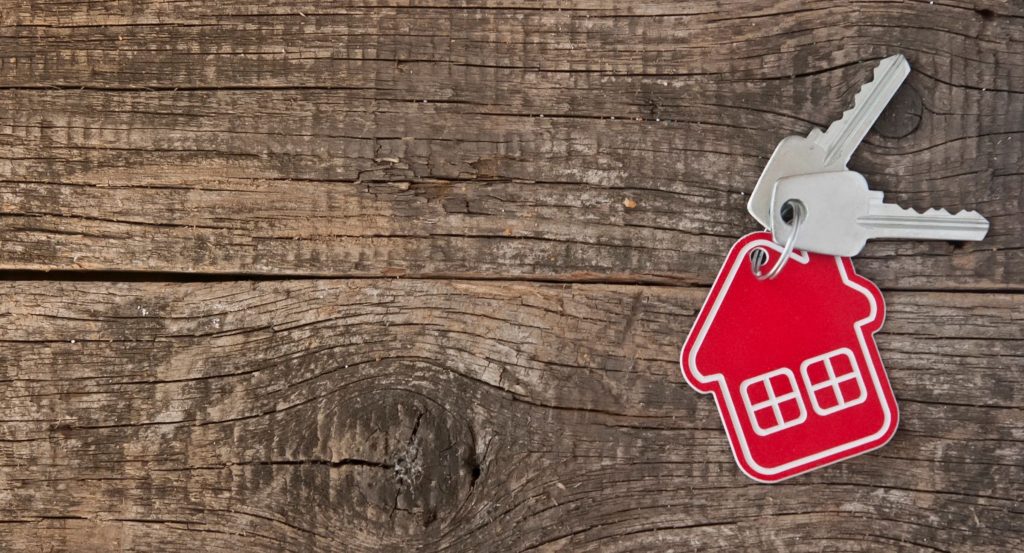
There’s less competition
Spring seems to steals the show when it comes to selling a home. Reason being that sellers want to capitalize on the weather and with it the beautiful curb appeal. However, because so many sellers want to take advantage of this, the market becomes more competitive making your own home more difficult to stand out from the rest. It’s thought that Fall is a quieter real estate market, but there are many advantages to putting your home on the market for the season, including less competition.
The serious buyers are out
Summer vacations are over giving buyers less time to spend house hunting. Those that are shopping in the Fall are dedicated buyers. Chances are that those who come to view your home are in the middle of a serious house search, which could perhaps make an offer all the more likely. You are now dealing with a more serious pool of buyers. By the time September or October rolls around, these buyers are itching to get their move settled. Nobody wants to move in the snow or during the busy holiday season, so potential buyers usually want to get things signed and sealed as quickly as possible.
Curb appeal
Curb appeal is thought to peak during the Spring, and we all know how important it is to have your property looking its best when you have it on the market. The colors of the leaves are turning beautiful golds and reds making for a dramatic and incredible backdrop for your home. Throw in some potted flowering mums and keep the late-flowering plants cleaned up and you’ve got curb appeal that blows away Spring. Be sure to keep up with the raking as the leaves fall!
Appeal to the senses
The fall and winter months are associated with certain smells and flavors ( pine needles, cinnamon, peppermint, and pumpkin pie). Beyond setting the mood with decorations, you could try appealing to buyers’ senses in multiple ways. When it’s chilly outside, it’s important to make buyers feel warm in more ways than one. Aside from keeping your thermostat at a comfortable level, it’s a good idea to make your home seem inviting.
The Bottom Line: Marketing from a good Realtor will always be a big part of selling any home, and if you sell at their busiest time, which is spring, you run the risk of getting a little less attention than you may want. However, grab them during the off-season of Fall or Winter and your home will be given more attention. There will be extra challenges in selling in the Fall, but if you embrace the season, you shouldn’t have a problem finding a buyer. Take all the necessary steps to improve your chances of selling.

 See Our National Coverage Map
See Our National Coverage Map






